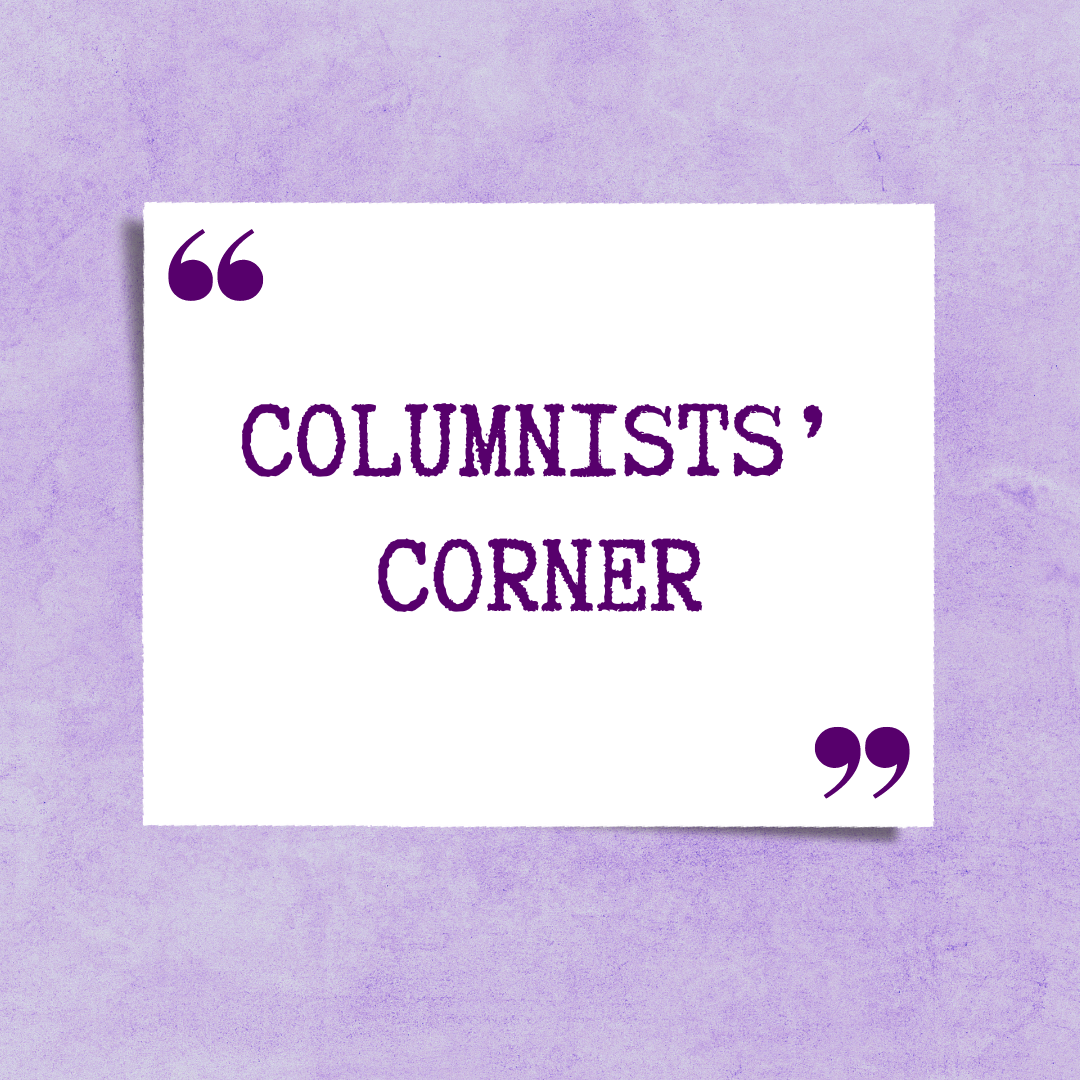As someone who has gone through my own mental health struggles, I know firsthand how draining and horrific mental illness is. I’ve spent nearly a year struggling with my mental health. During this time, I was trying to fight my own thoughts and feelings. I’ve put in countless hours of work with mental health professionals. This was just to feel like myself again and regain the motivation and energy to do the things that I enjoy. The support from my family and friends was crucial in helping me through the tough times.
Like most teens in today’s world, I turn to social media in my down time, where I frequently encounter content that distorts the reality of mental health struggles. Through my daily scrolling, I began to see videos of people romanticizing and belittling mental illness. It made me really angry because it felt like a misinterpretation of my struggles. It felt like they were trivializing serious issues to gain attention and appear more interesting.
To romanticize is to make something seem better than it really is. In this case, the content writers on social media create videos that portray mental illness as better than it seems. For example, I’ll scroll through Instagram and see a post about someone describing anxiety as “cute.” Anyone who has experienced anxiety or knows someone who’s gone through it knows that anxiety is far from cute.
Oftentimes I see or hear people say things about a mental illness to gain attention from their peers. For example, a common misrepresentation of Obsessive-Compulsive Disorder (OCD) is when people label themselves or others as having the disorder because of their cleanliness and organization. It makes people who truly experience OCD on a day-to-day basis feel terrible. Just because someone is clean does not mean they have a disorder. Claiming somebody has OCD because they’re tidy does not account for the serious effects it has on one’s life. This situation makes people who have the illness seem invisible and misunderstood.
“We don’t go around saying, ‘Oh I have a broken arm,’ when we really just bumped our elbow,” Kaneland High School guidance counselor Erin Shore said. Similarly, wanting to be clean or keep a space tidy does not automatically indicate OCD. This over exaggeration makes mental illness labels confusing and misleading.
Romanticizing mental illness can make these serious conditions appear glamorous and even desirable. On platforms like TikTok and Instagram, some influencers use mental illnesses to gain clout and popularity. This can lead teens who often seek popularity to perceive mental health issues as cool or cute. Studies have shown that exposure to such content can affect how young people perceive mental health. This belittles others’ struggles and discourages people from seeking help. It’s crucial to address mental health issues with support and kindness.
“There are definitely good things about social media, but there are also a lot of drawbacks,” said Michelle Lemrise, who is a crisis and case manager in the emergency room at DuPage Hospital in Winfield, IL. Lemrise, who has a masters degree in social work, added that “[social media] simplifies complex issues like mental health.”
Some people believe that content creators’ main goal is to bring awareness and spread positivity. However, based on what I’ve consistently seen, what they’re really doing is making people feel more alone in their struggles, and it provides a sense of, “I have the same illness as you, but I don’t understand why we don’t function the same.” This can lead to viewers second guessing themselves and wondering if they were misdiagnosed, or they may even begin to self-diagnose.
“Something that is really trendy right now is kids saying, ‘Oh, I have autism,’ or, ‘I’m on the spectrum,’” Lemrise said. “When there’s really no evidence that they do have autism and they’re saying that to be trendy. That’s of course not always the case, but most of the time they self-diagnose themselves from a TikTok they’ve seen.”
Another place where you can see a lot of mental health romanticization is shopping on Amazon or Etsy. Just scrolling through the t-shirts sections, I saw a t-shirt that said “vacation’s over…time for depression.” Depression is not something to put on a shirt or to wear. It is a serious illness with serious side effects. While the t-shirt creator’s intent is not to harm or make fun of people with mental illness, most of the time it still harms the people who struggle on a day-to-day basis.
“To poke fun or just lighten the topic is insensitive,” Shore said.
Mental health is a critical issue, especially among teens. According to cdc.gov, suicide is the third leading cause of death among teenagers in the United States. Suicide is often a result of untreated mental illness, such as anxiety and depression. These conditions can lead individuals to feel helpless and to perceive no way out. It’s important to understand that mental health challenges are serious and should be addressed with empathy and support rather than being trivialized.
As someone who has gone through a whirlwind with my mental illness, I know I am not the only one who feels discouraged when I see my personal struggles glorified. The romanticization of mental illness in media and merchandise underplay the real struggles people face. We need to stop making “funny” t-shirts about real life issues, and we need to stop making posts that lack education and research. Anxiety is not cute; OCD is not just cleanliness; depression is not to be joked about on t-shirts.
Let’s work together to change the way we talk about mental illness as a society. Let’s stop using mental health struggles as a way to get likes and make a profit. We should advocate for increased mental health education and support mental health awareness campaigns that are factual. Supporting influencers who are knowledgeable and honest about their mental health struggles can bring light to misunderstood concepts. It’s also important that we challenge misconceptions about mental illness when we see them and try to educate others. Remind friends and family that labels they use may not be kind or accurate. Mental illness needs to stop being romanticized. Let’s work together to change this.



